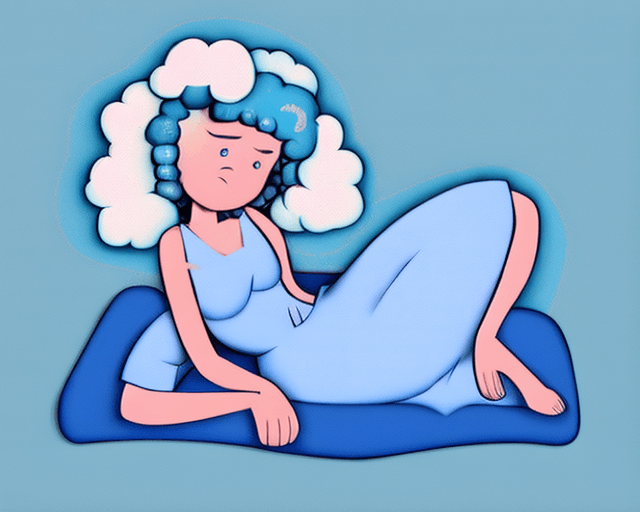
Insomnia is a common and often debilitating sleep disorder that affects millions of people around the world. Despite its prevalence, there are several misconceptions about the causes and treatments of this condition. This article will address some of the most common misconceptions about insomnia, as well as discuss its causes, diagnosis, treatments, and effects on mental and physical health.
